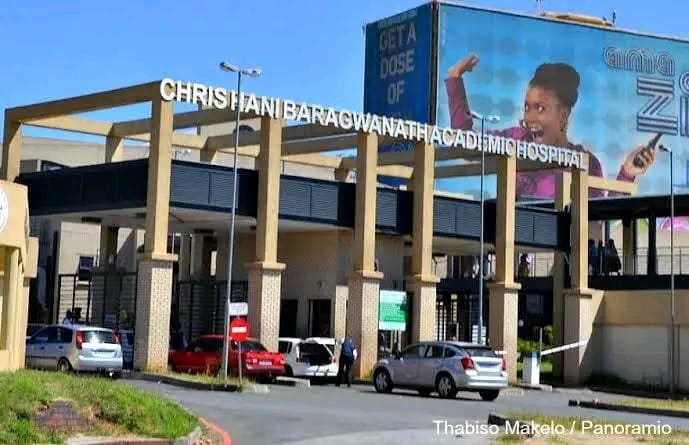The Gauteng Department of Health has expressed concern after 41 children were treated for poisoning after they consumed rat poison. The children, all preschoolers aged between three and five years reportedly ate the poison, mistaking it for sweets. They were treated at Chris Hani Baragwanath Hospital in Soweto.
The department spokesperson Khutso Rabothata said that upon medical examination of the 41 children, a total of 17 were admitted for overnight observation. "The remaining 24 were discharged home in a satisfactory condition. This incident is reported to have taken place at a pre-school and investigations are being conducted to establish more facts," Rabothata said.
In another food poisoning incident, eight children and two adults were referred and treated at the Thelle Mogoerane Regional Hospital in Ekurhuleni after they consumed poisonous food last night. Rabothata said that the two adults were discharged last night after receiving medical care and two children were also discharged this morning while the six remaining children are still admitted in the hospital in a stable condition.
According to Rabothata, the two incidents bring the total number of the food borne incidents recorded to 863, which have also claimed 11 lives, since the first incident in October 2023 and this is concerning. "The department calls on all arms of society, particularly parents and caregivers, to play their part in protecting children from the risks of food poisoning to safeguard their health and prevent further incidents," He added that the department's public health mobilisation team will continue to conduct educational campaigns in the townships, informal settlements and hostels to educate communities about the dangers of food borne diseases and empower them with food safety tips such as food handling, preparation, storage, the importance of checking food expiry labels and hand washing before handling food.
"The Gauteng Department of Health will continue working tirelessly to address food safety concerns and provide the necessary support and resources to our communities. Those experiencing symptoms such as fever, chills, cramping, nausea, vomiting or diarrhea which may be bloody in some cases, stomach-aches, sudden swelling face and body aches or weakness are encouraged to visit their nearest health facilities for medical attention," said Rabothata.







